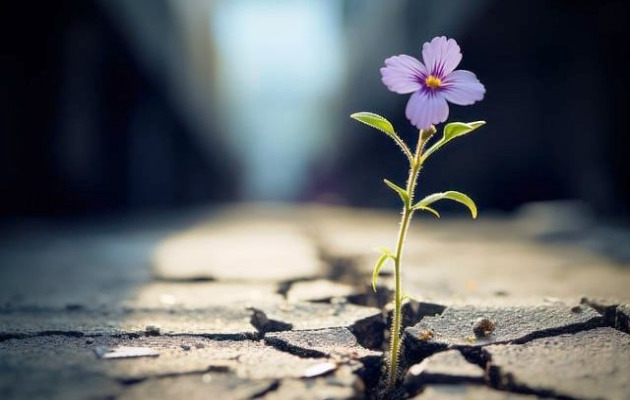Resilience a Must-Have Skill
Resilience is the ability to bounce back from difficult situations and adapt to change. Resilience allows us to take on life's challenges, overcome adversity, and come out stronger on the other side.
Z. Hereford


Resilience is our ability to rebound and regain our original form. It is the capacity to thrive and fulfill our potential despite adversity or challenging circumstances. Resilience is the psychological strength to deal with stress, setbacks, crises, and various hardships that confront us in life.
When life situations get out of kilter, resilience is the one quality and skill we need most to get us through difficult times. To be resilient means we can remain stable and function in the face of disruption and chaos. It means we can continue with everyday tasks, remain balanced, and bounce back quickly from hard times.
Resilience can be described as an emotional muscle that we all possess to some degree. With determination and practice, we can develop and strengthen it even further. Being aware of why we need it and its importance can encourage us to work on increasing it.
Indeed, resilient people do not experience any less grief, distress, or problems than anyone else. Instead, they rely on healthy coping skills to tackle life's difficulties and, in doing so, emerge stronger and more resilient. Rather than run away from challenges and problems, they face adversity head-on.
Conversely, those who lack resilience may dwell on problems and resort to unhealthy coping mechanisms such as abusing alcohol, prescription drugs, and other harmful substances and behaviors to deal with them.
Resilience does not eradicate or lessen life's difficulties; it merely allows those who possess it to approach them more realistically and in a problem-solving, recovery-seeking mindset.
Examples of adversity that require resilience:
o being diagnosed with a serious illness
o losing your job
o losing a loved one
o recovering from a failed relationship
o dealing with a catastrophic event
o dealing with difficult people
Ways to Build Resilience:
✓ Maintain balance in your life
✓ Cultivate a positive outlook
✓ Learn to be more flexible
✓ Nurture yourself; take care of your physical and mental health
✓ Learn from your failures and mistakes
✓ Understand which things you have or do not have control
✓ Improve your problem-solving skills
✓ Develop a sense of humor
✓ Draw upon friends and loved ones for support and encouragement
Resilient people are also good communicators, possess high emotional intelligence, are realists, and refuse to view themselves as victims.
We all have varying degrees of resilience; fortunately, it is a skill we can continually improve.
When we are resilient, we tend to be more optimistic, confident, proactive, and in control of our lives.
Resilience is a lifelong endeavor that arms you with the ability to deal with whatever comes your way.
